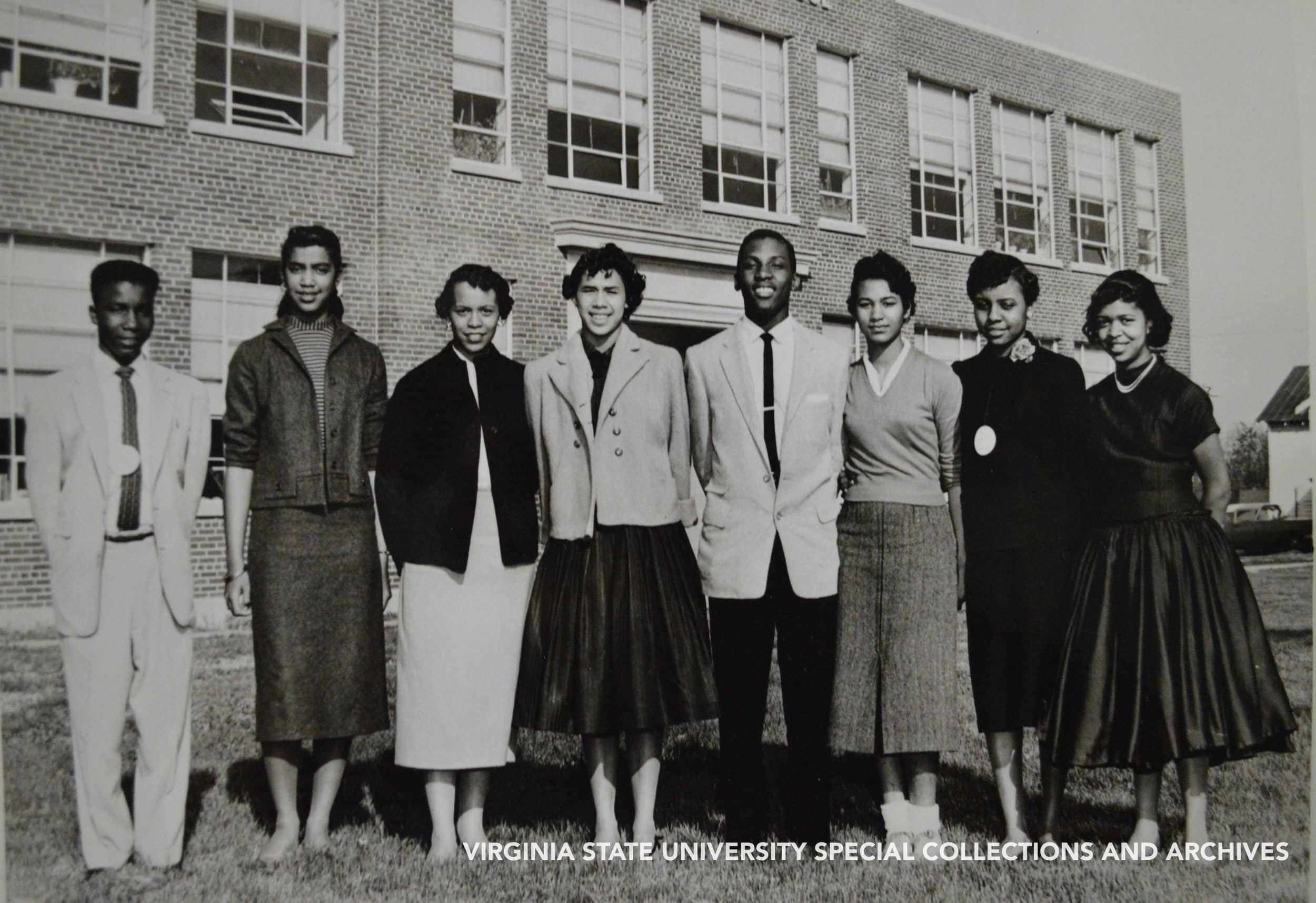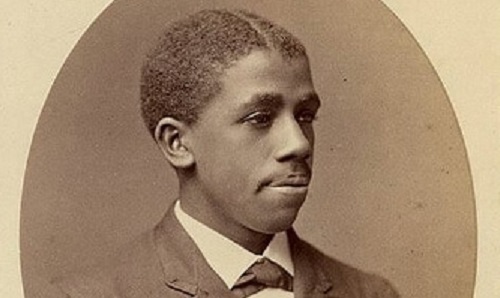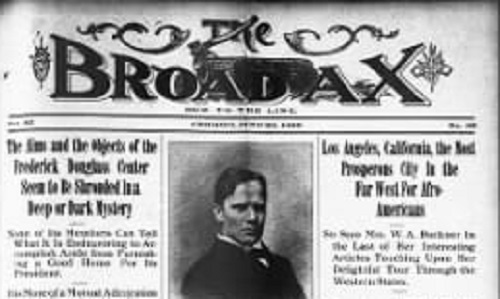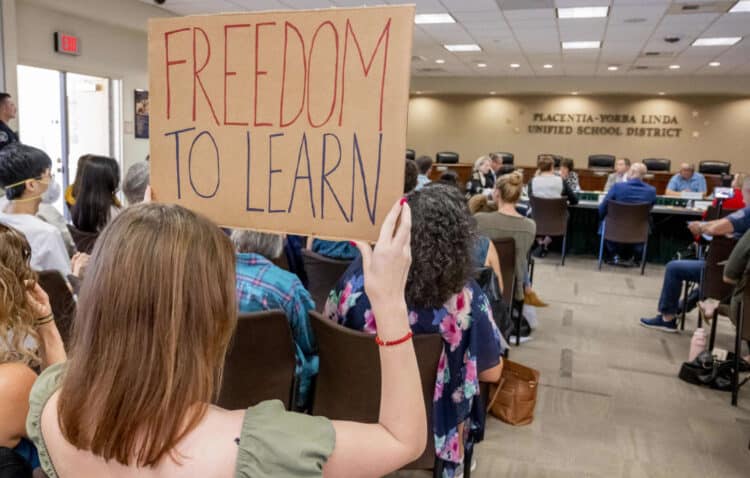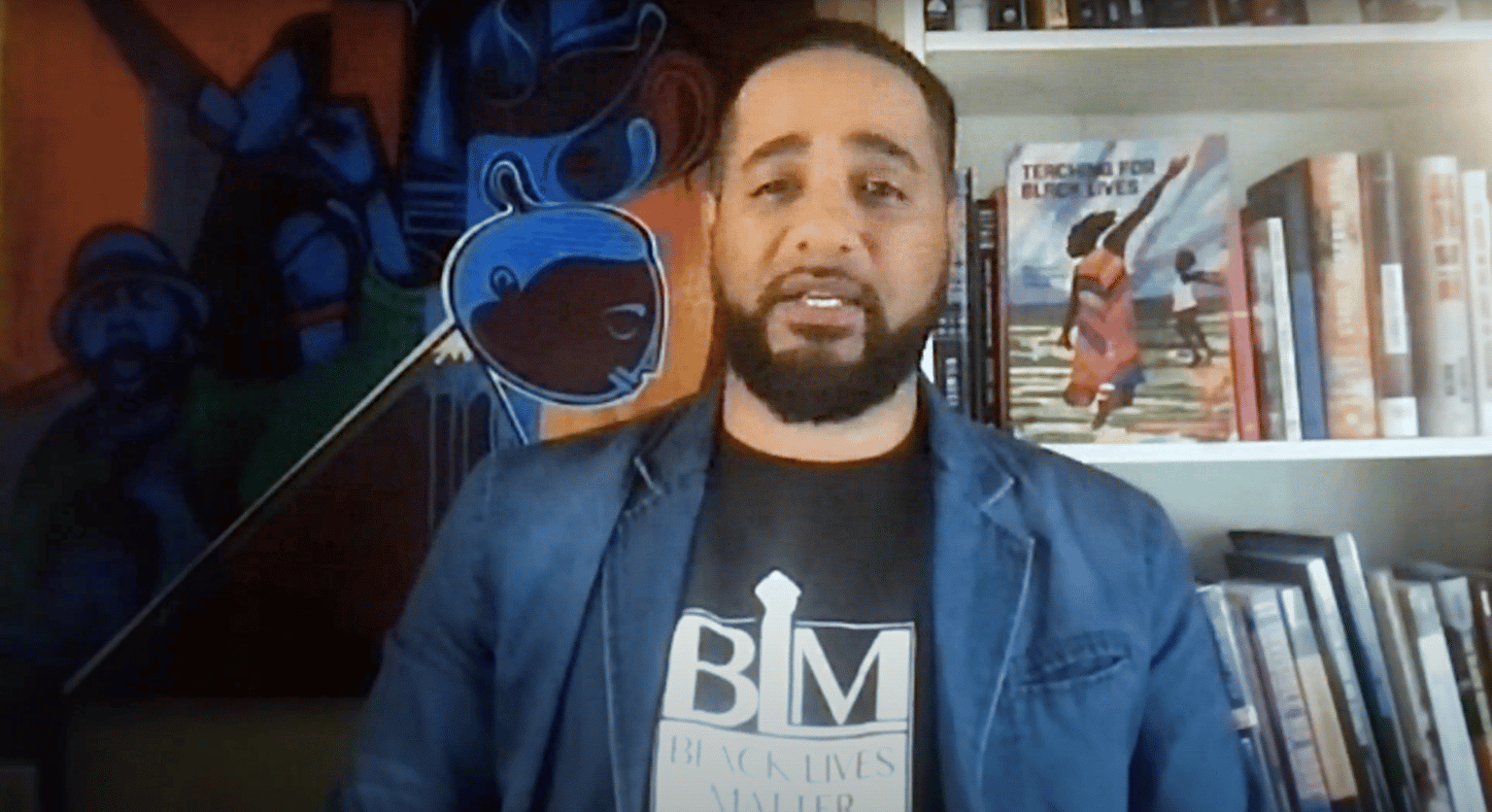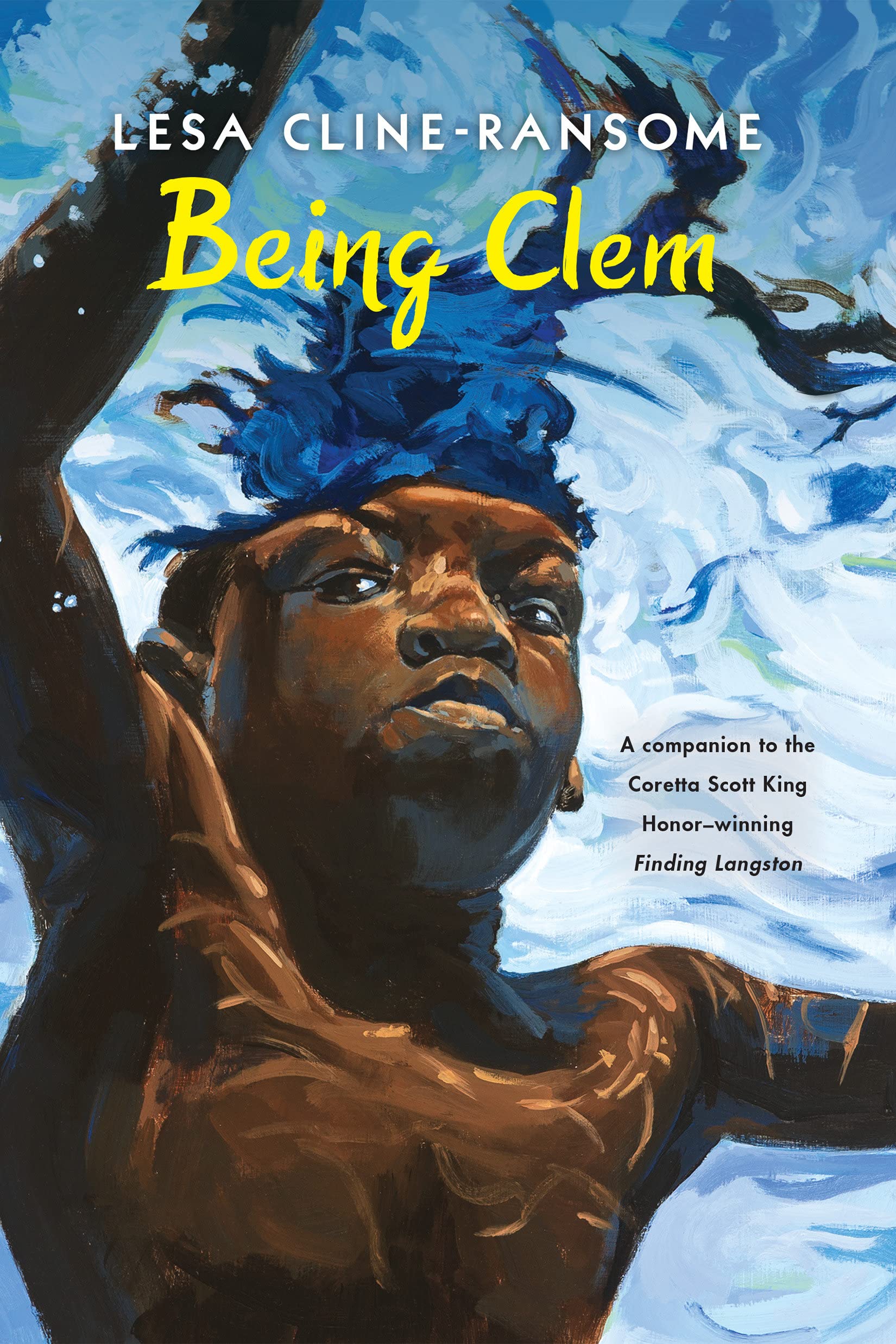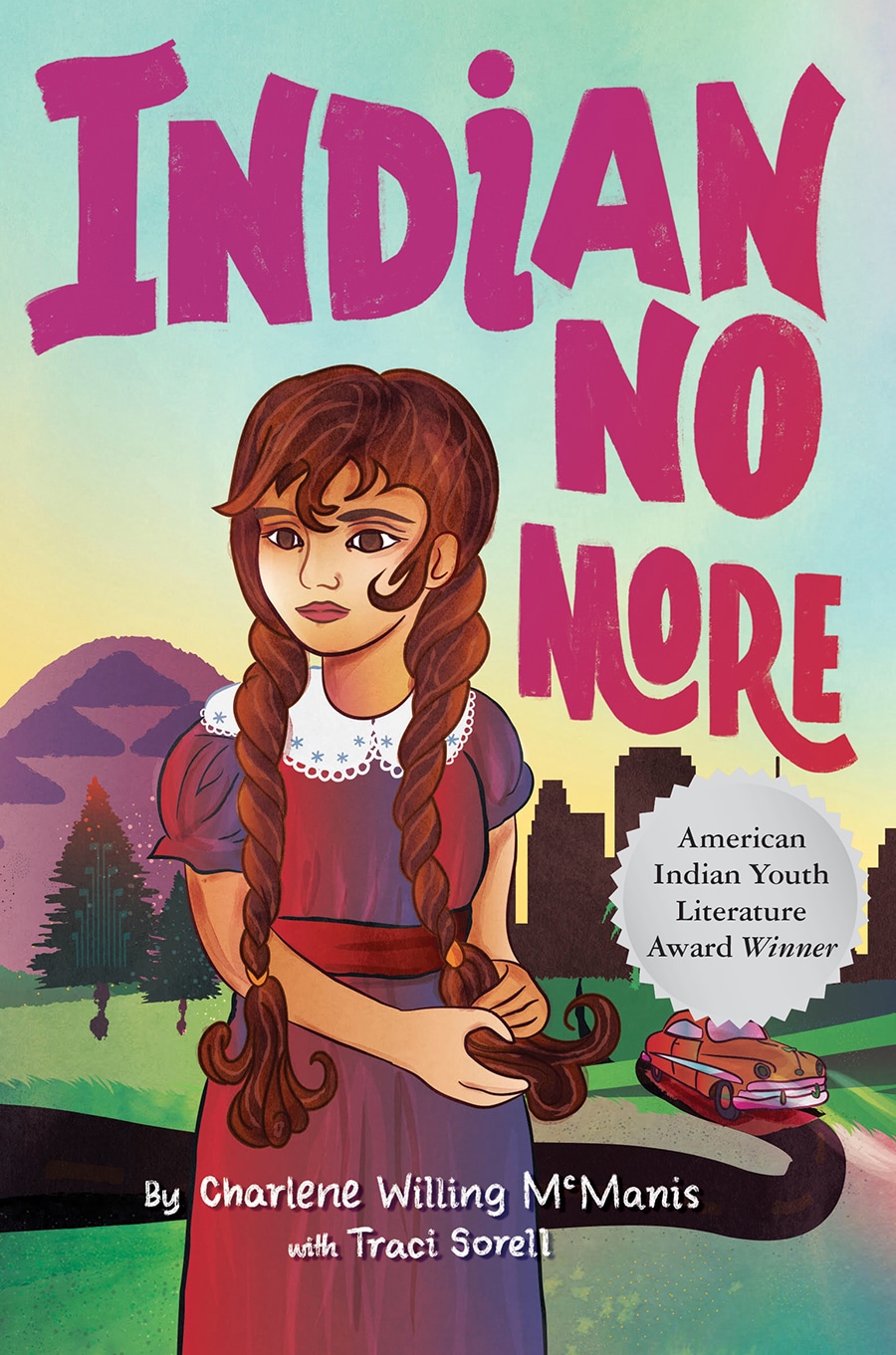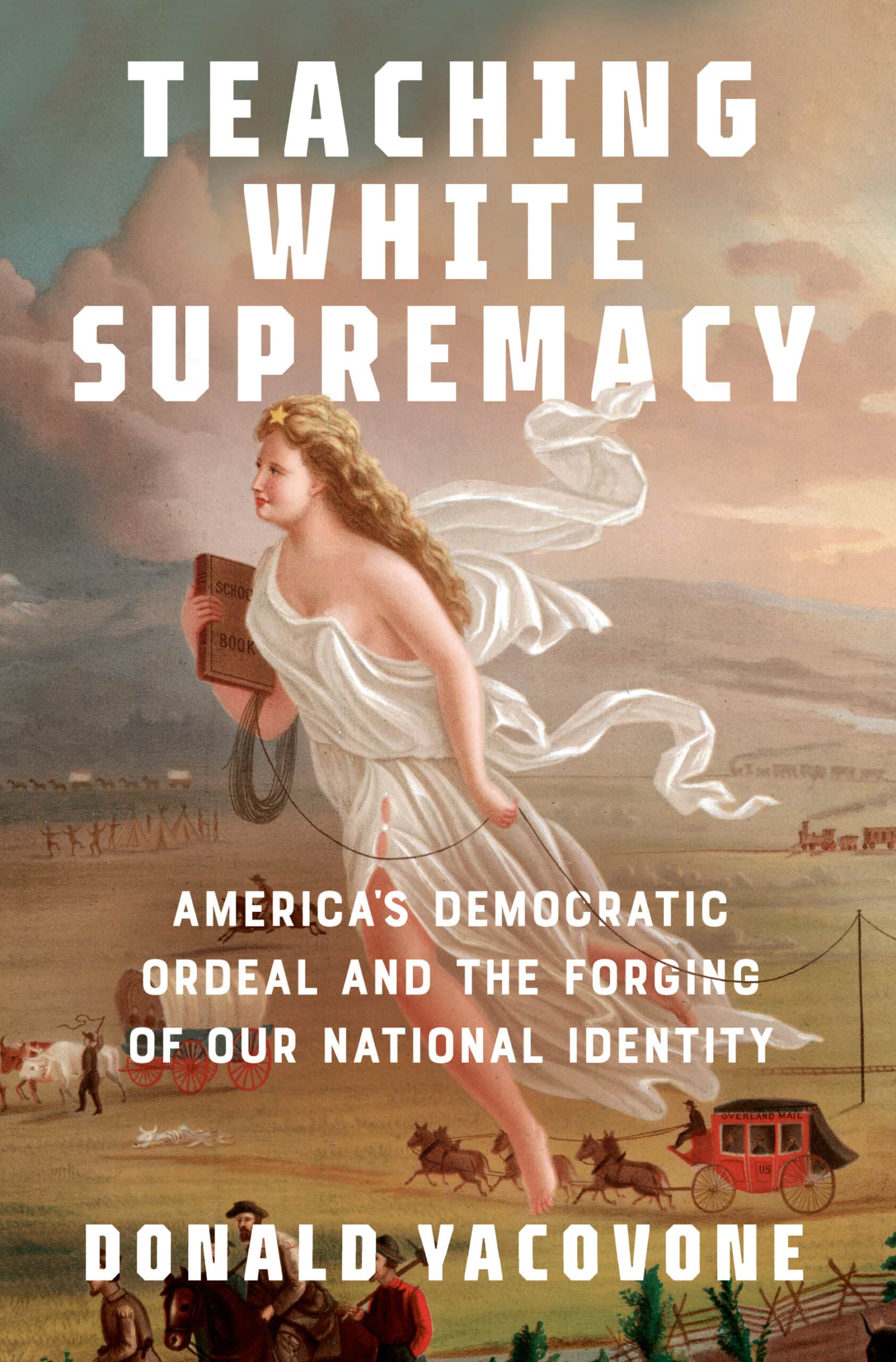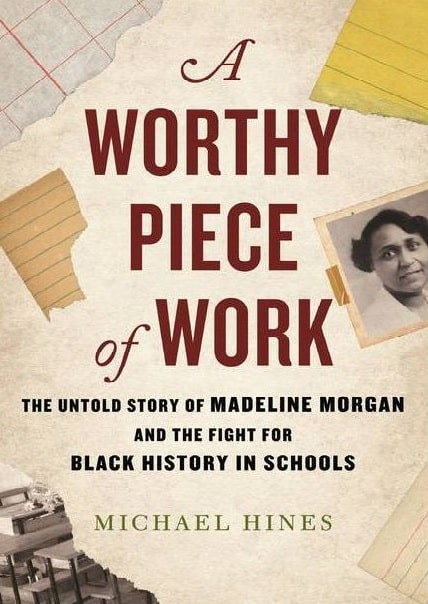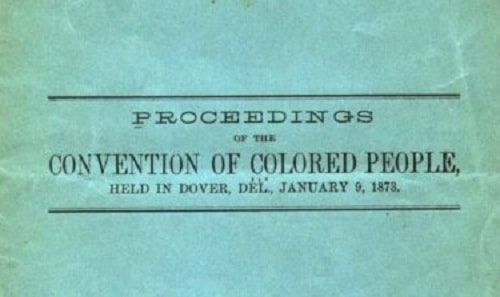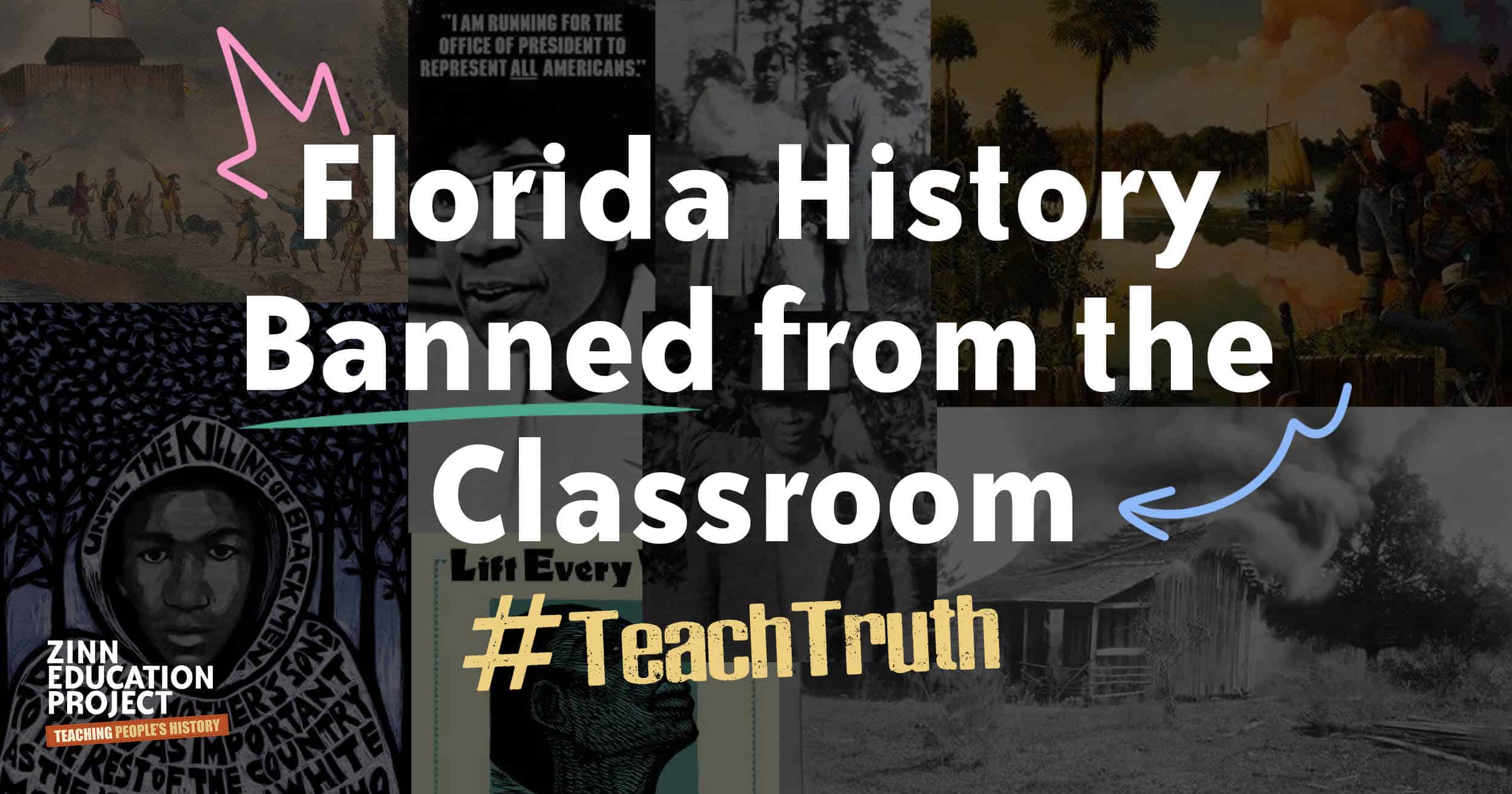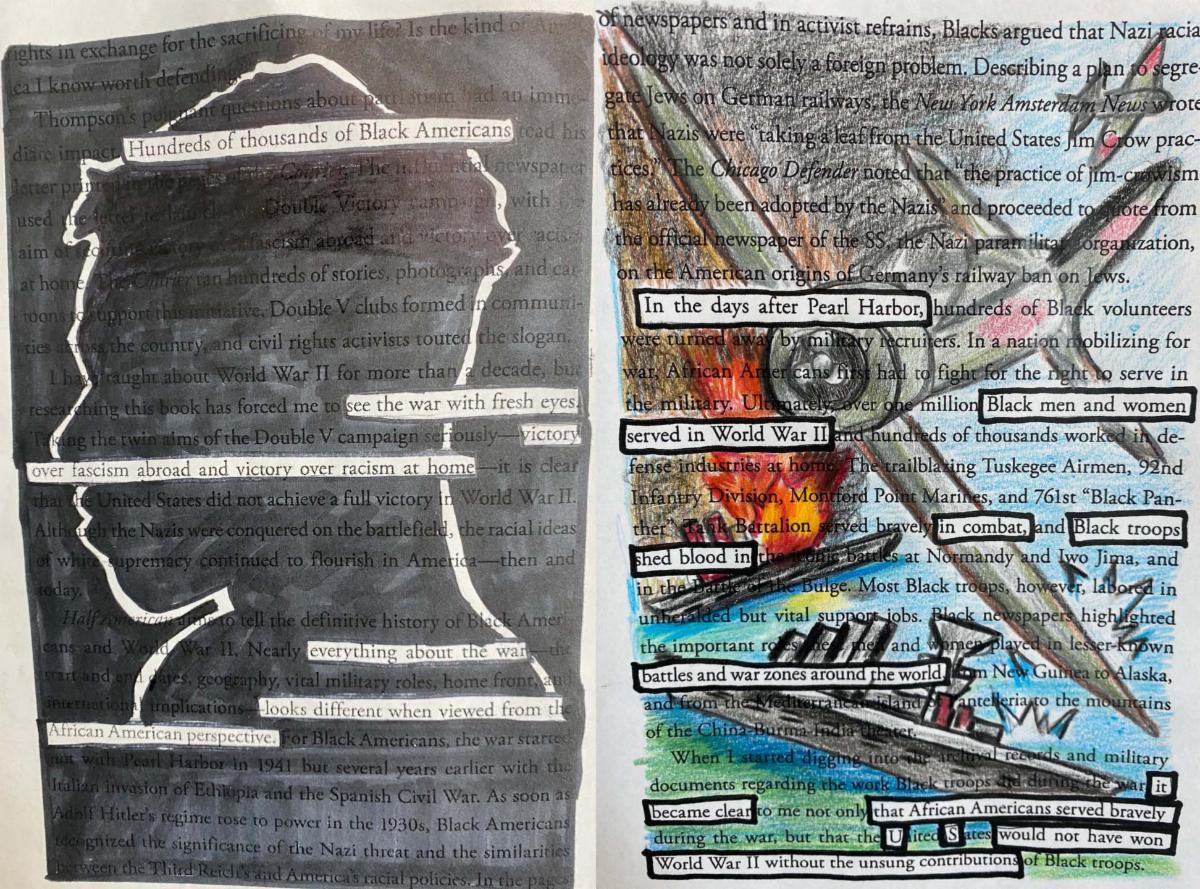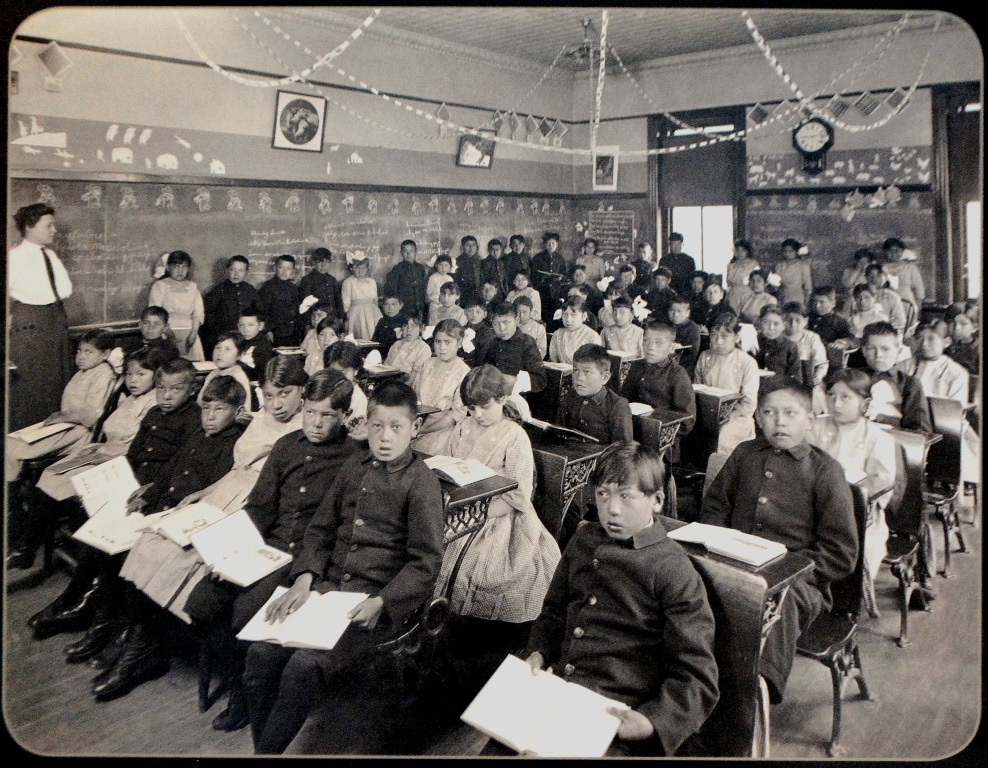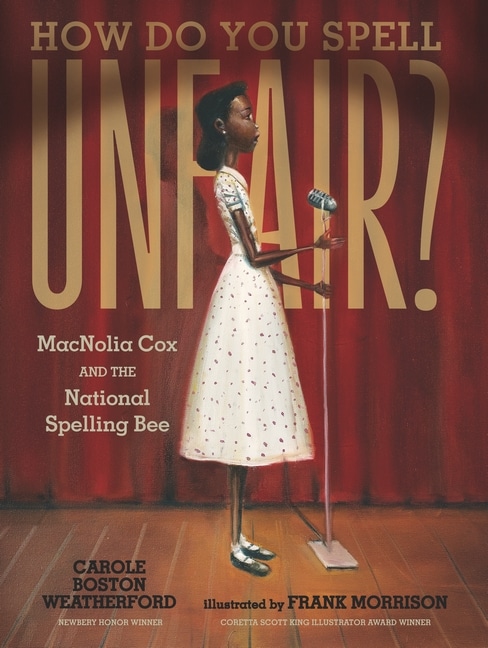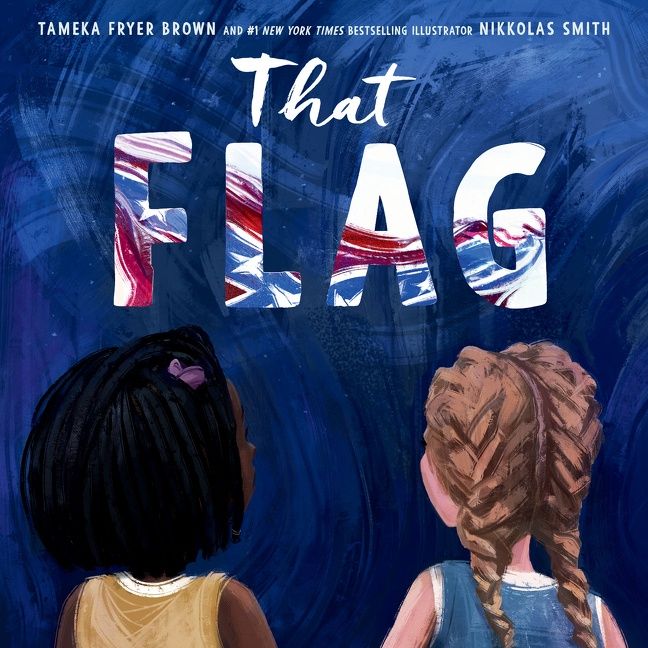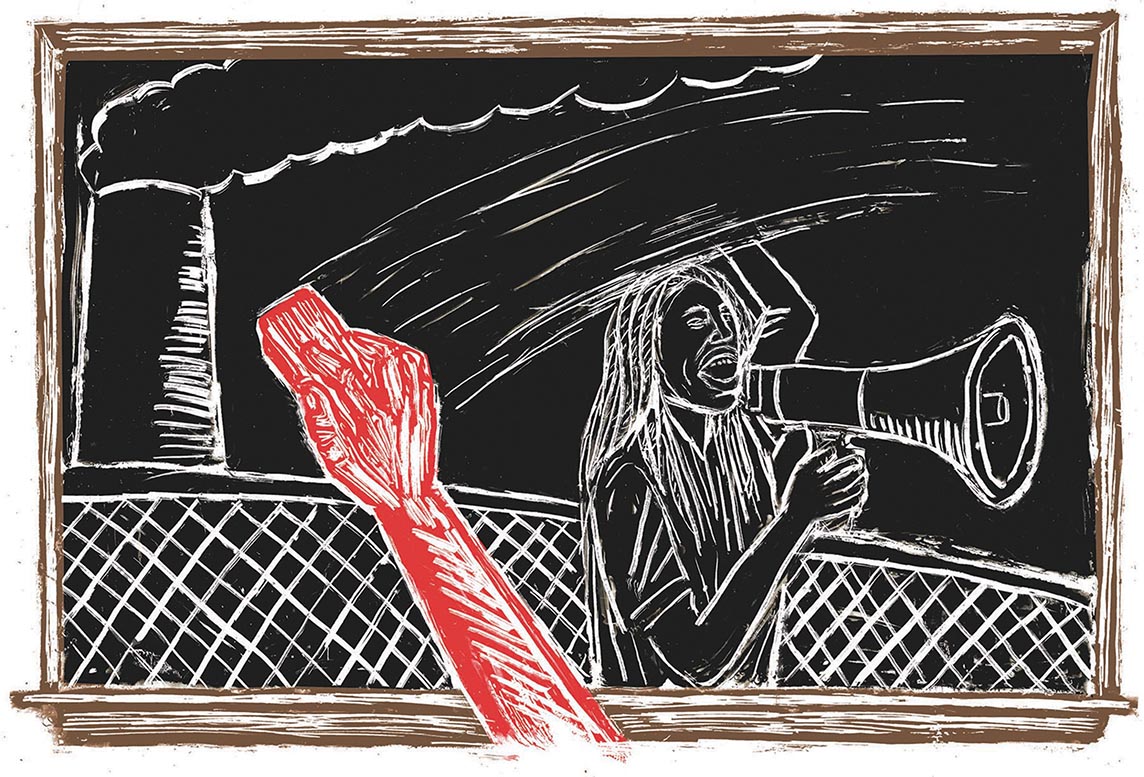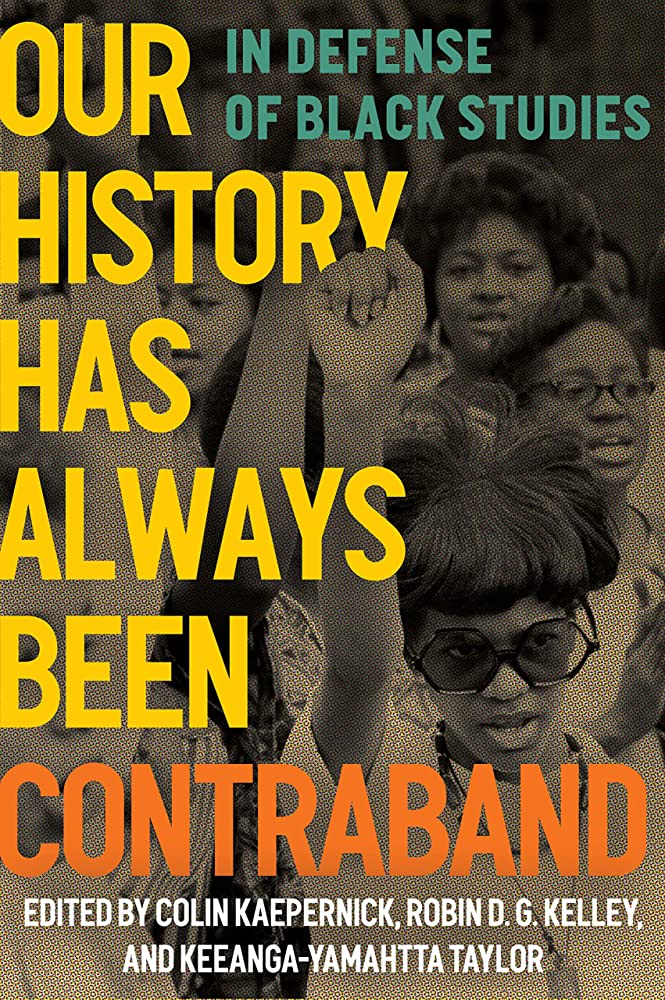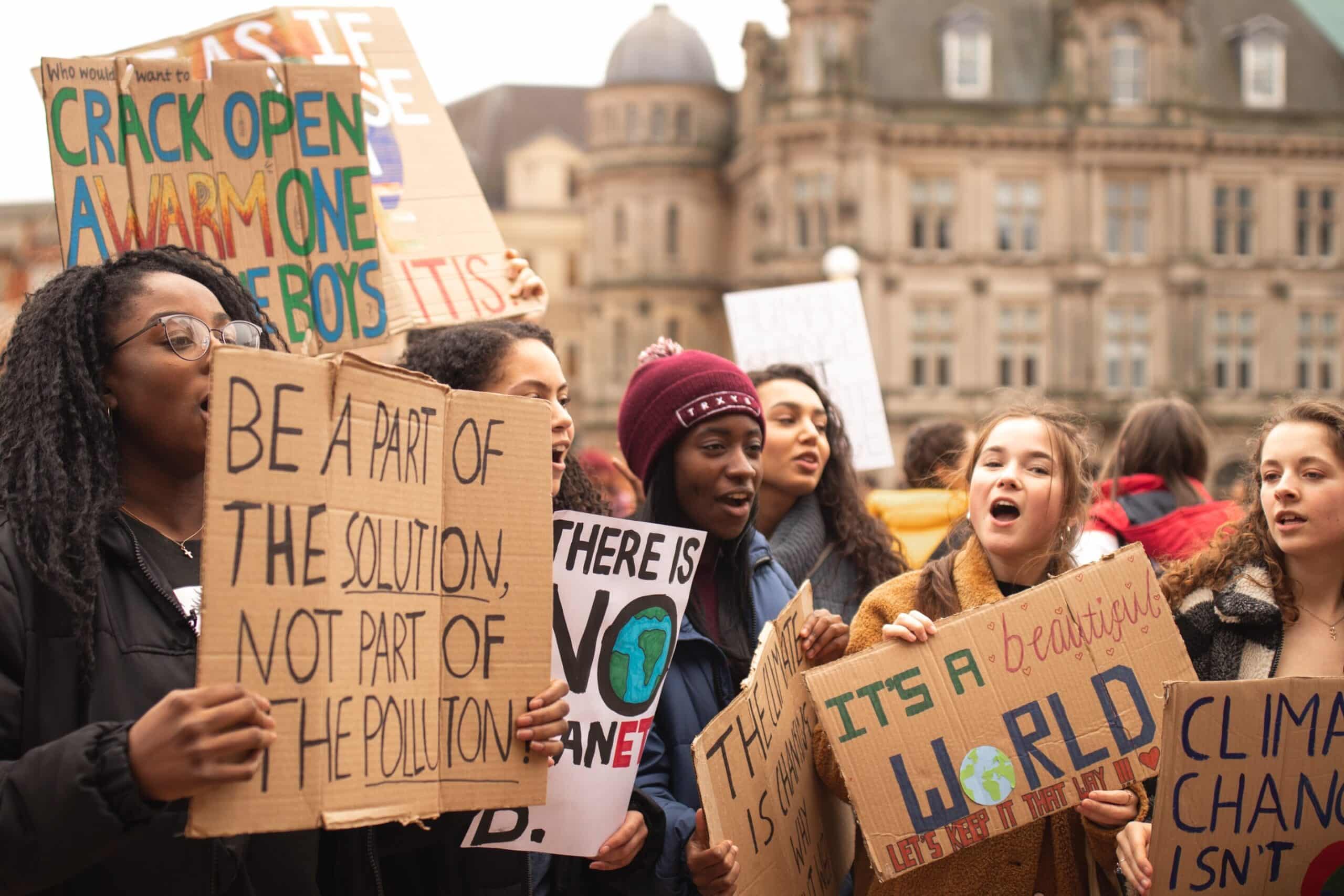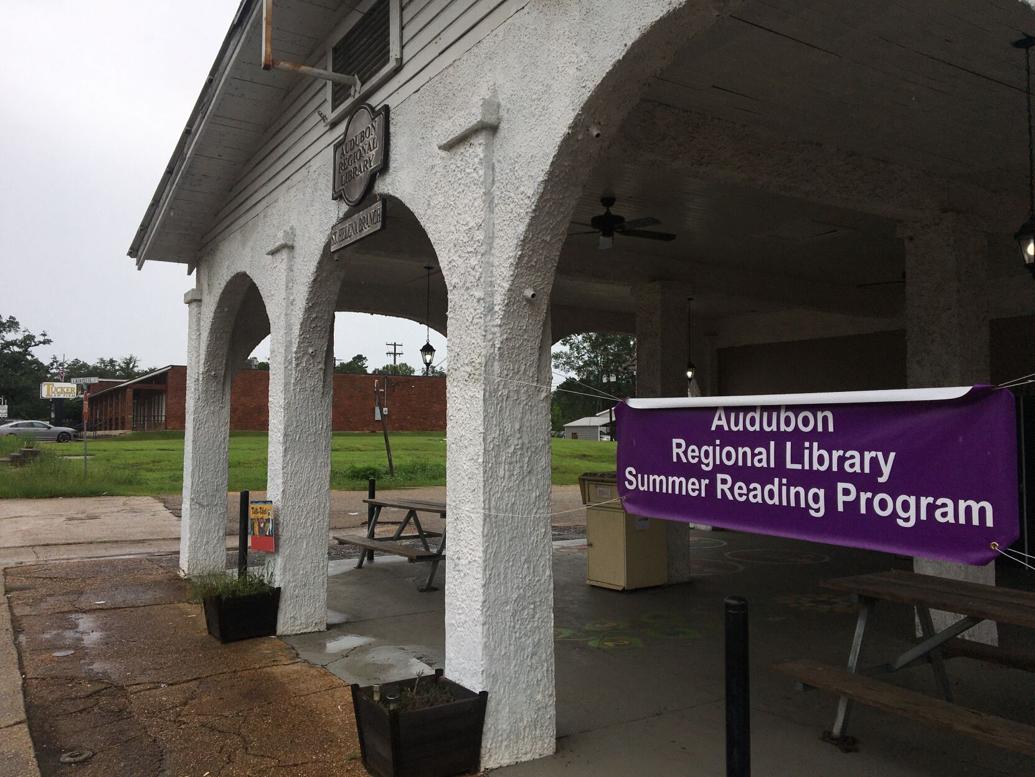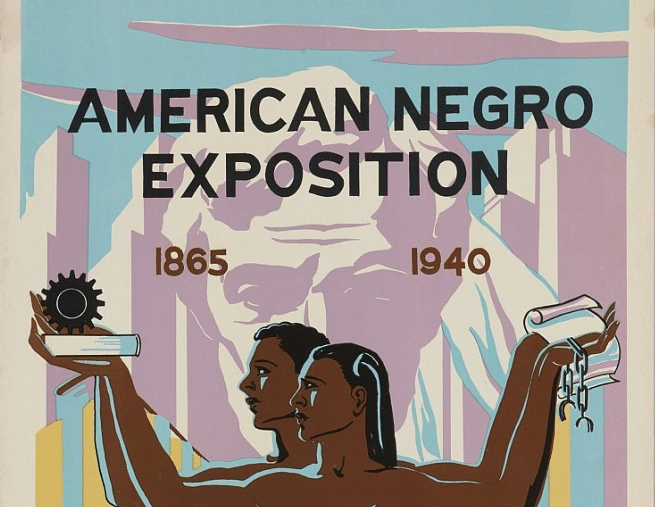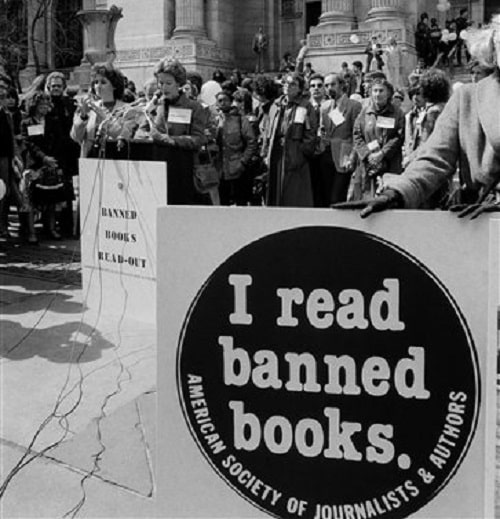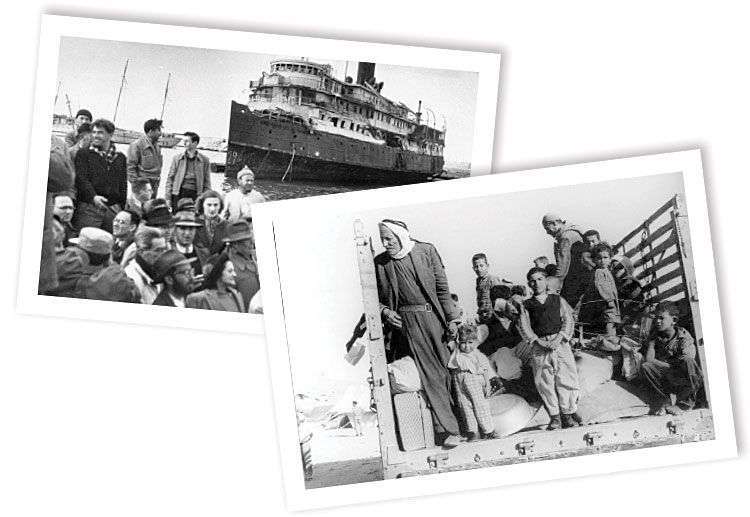The Virginia Interscholastic Association (VIA) was established to provide African American high school students in Virginia with athletic, artistic, academic, and leadership opportunities unavailable to them in segregated schools.
Continue reading
Edward Alexander Bouchet graduated from Yale University as the sixth person to receive a Ph.D. in physics in the United States.
Continue reading
Julius Taylor founded and ran Broad Ax, a Utah-based Black newspaper which challenged commonly accepted beliefs about politics and religion at the end of the twentieth century.
Continue reading
Check out three stories about teachers who teach outside the textbook and organize to defend the right to teach people’s history.
Continue reading
Watch our new video on the Teaching for Black Lives campaign and help us bring study groups to more schools.
Continue reading
Learn directly from people's historians by listening to these audio recordings of Teach the Black Freedom Struggle online classes.
Continue reading
Book — Fiction. By Lesa Cline-Ransome. 2021. 256 pages.
The final novel in the award-winning Finding Langston trilogy, this novel examines mid-twentieth century America through the eyes of Clem, a young boy whose family is torn apart after his father's untimely death.
Teaching Activity by Lesa Cline-Ransome
Continue reading
Book — Historical fiction. By Charlene Willing McManis and Traci Sorell. 2016. 224 pages.
This award-winning children's book follows a young Indigenous girl's quest to understand her identity as an Indian despite being so far from home.
Continue reading
Book — Non-fiction. By Donald Yacovone. 2022. 464 pages.
This book details the battle over historical memory in public schools and how the white elite has devoted extraordinary resources to perpetuating racist ideas in each generation through K-12 curriculum.
Continue reading
Book — Non-fiction. By Michael Hines. 2022. 224 pages.
The story of Madeline Morgan, a teacher and an activist who created curricula that bolstered Black claims for recognition and equal citizenship.
Continue reading
During Reconstruction, Delaware’s Convention of Colored People gathered in Dover to discuss and demand state provisions to educate their children.
Continue reading
In the face of attempts by Florida Governor Ron DeSantis to ban AP African American studies, social justice books, and critical race theory in K–12 schools (and DEI in public colleges), we take a look at stories in Florida history that would be off limits to students.
Continue reading
A look at people’s history that is being censored. Judge for yourself: “indoctrination” or an exploration of U.S. history that helps students think for themselves and shape a more just future?
Continue reading
The Indian Industrial School of Genoa, Nebraska, the fourth non-reservation boarding school, was established by the Office of Indian Affairs.
Continue reading
Picture Book. By Carole Boston Weatherford. Illustrated by Frank Morrison. 2023. 40 pages.
The story of eighth grader MacNolia Cox, the first African American to win the Akron, Ohio, spelling bee, and the racism she faced during her journey to compete at the prestigious National Spelling Bee in Washington, D.C.
Continue reading
Picture Book. By Tameka Fryer Brown. Illustrated by Nikkolas Smith. 2023. 40 pages.
Learn about the history of the Confederate flag, the myths and the reality, through the story of two young girls.
Continue reading
The right-wing legislation restricting lessons on history and systemic racism also denies students climate literacy.
Continue reading
Book — Non-fiction. Edited by Colin Kaepernick, Robin D. G. Kelley, and Keeanga-Yamahtta Taylor. 2023. 220 pages.
A collection of critical voices from the Black radical tradition that provides access to a history that is still being suppressed today.
Continue reading
Young climate activists and students across the world organized school strikes for climate justice, culminating in worldwide strikes on March 15, 2019, demanding concrete plans to slash CO2 emissions.
Continue reading
Amid overwhelming criticism that Scholastic Inc. was lying to students about the benefits of coal use, the education publisher cut ties with the coal industry.
Continue reading
Four Black teenagers tried to enter the whites-only St. Helena branch of the Audubon Regional Library in Greensburg, Louisiana. Instead, the library closed. Undeterred, the St. Helena Four continued to try to desegregate the local library and other segregated facilities.
Continue reading
Article. By Laura Shelton. Rethinking Schools. 2022.
A 5th- and 6th-grade teacher asks her students to wrestle with what “identity” and “intersectionality” mean.
Continue reading
To celebrate the 75th anniversary of the ending of slavery in the United States, the Black World’s Fair, also known as the American Negro Exposition, was held at the Chicago Coliseum from July through September 1940.
Continue reading
Fed up with books being banned by the school administration, students at Island Trees High School in Long Island, New York sued the school board for this unconstitutional censorship in a case that went all the way up to the Supreme Court.
Continue reading
Teaching Activity. By Samia Shoman. Rethinking Schools. 2014.
A social studies teacher uses conflicting narratives to engage students in studying the history of Palestine and Israel, focusing on the events of 1948.
Continue reading

